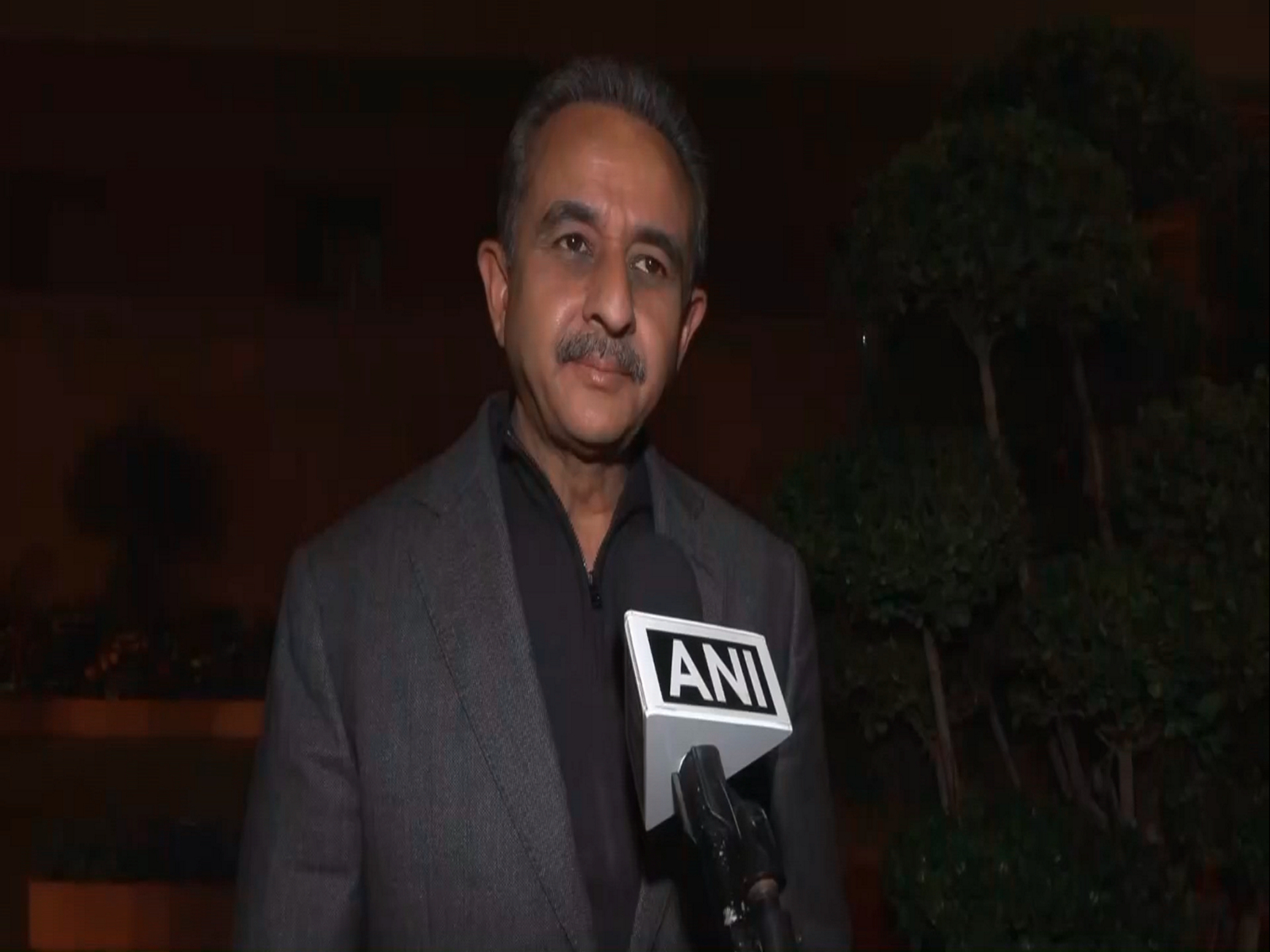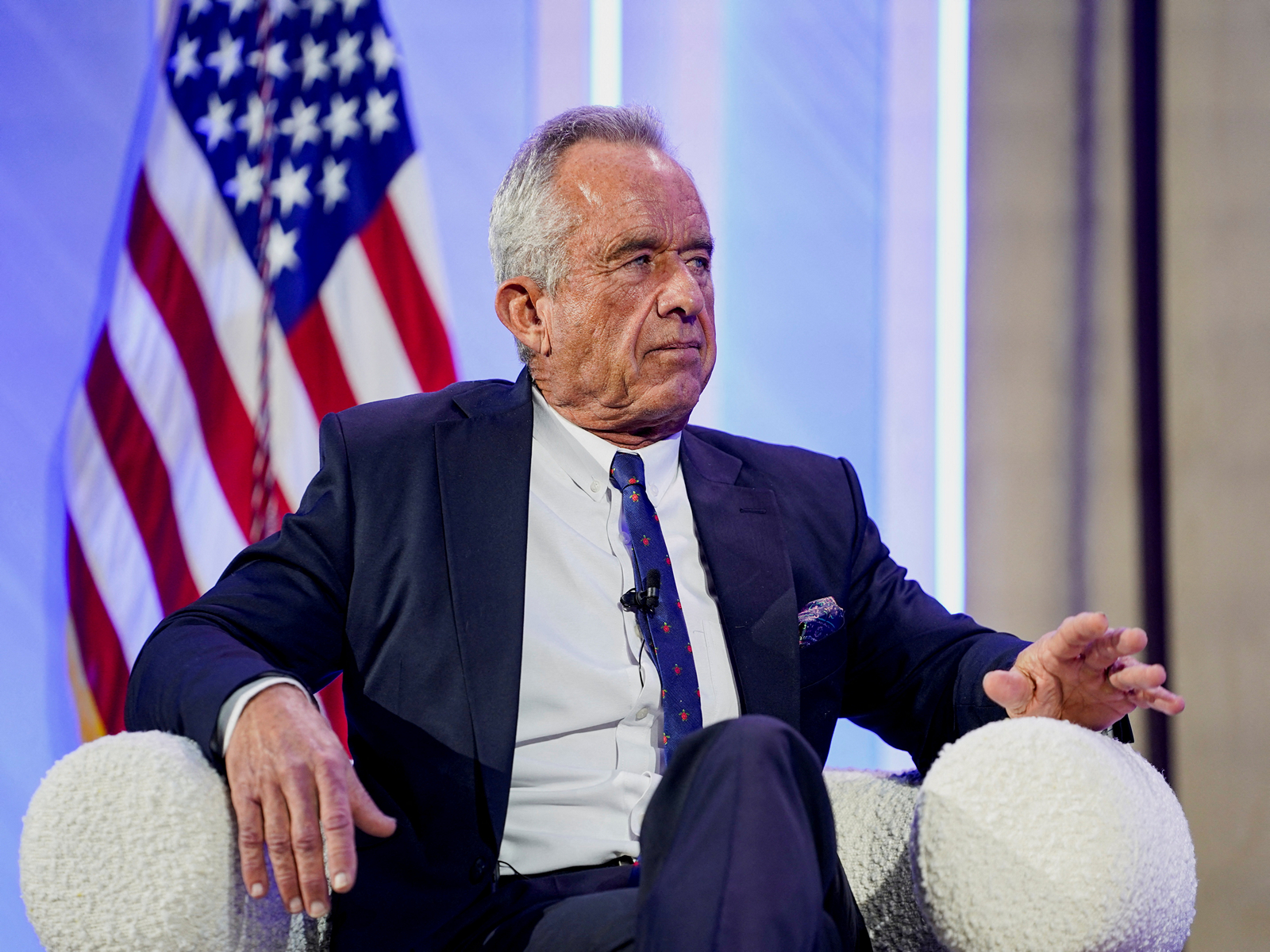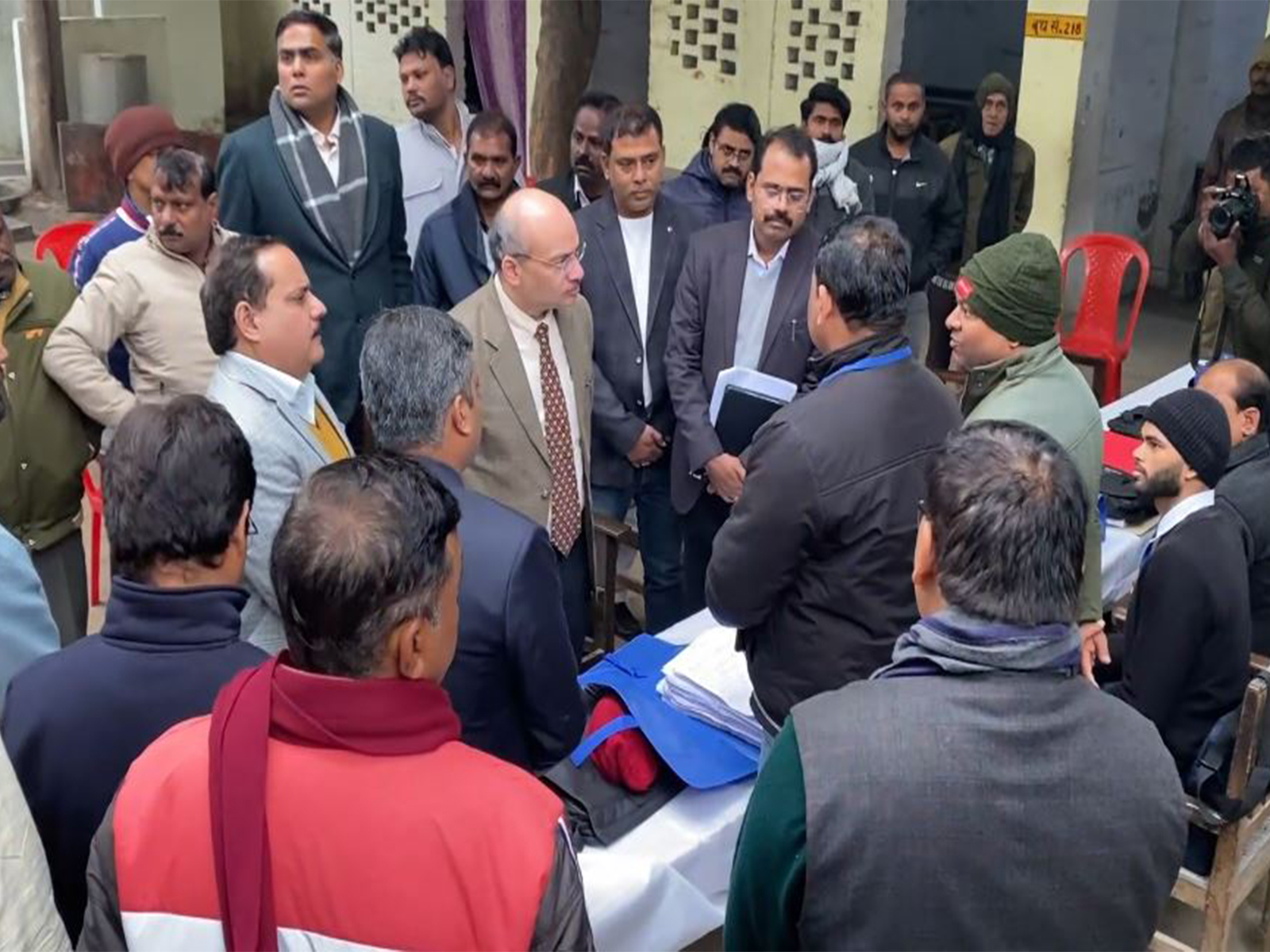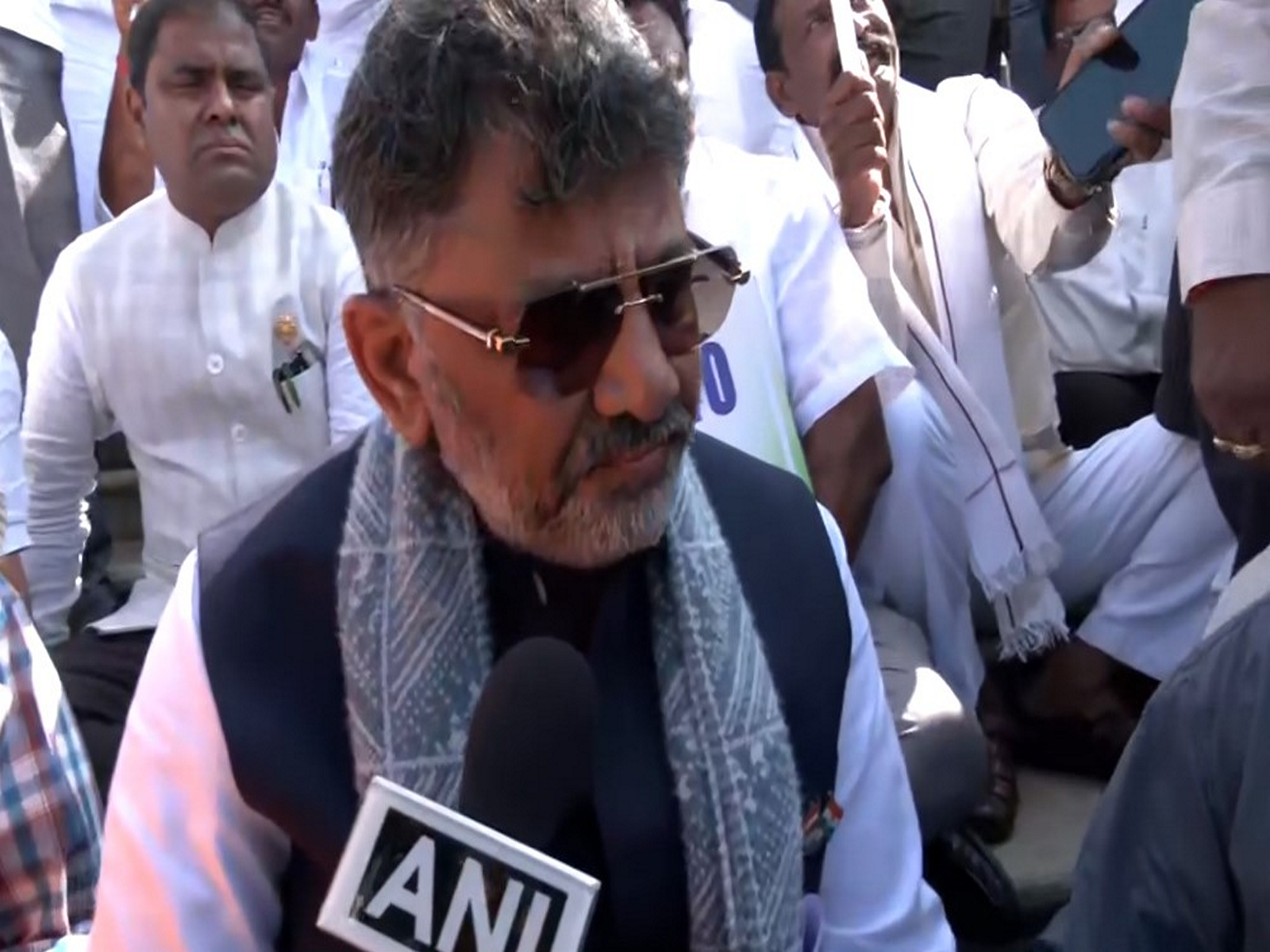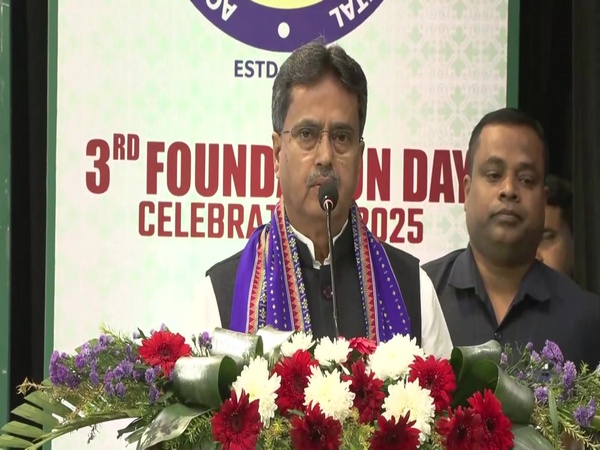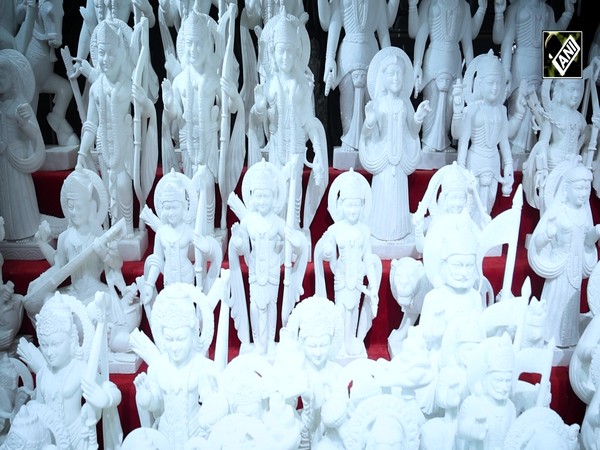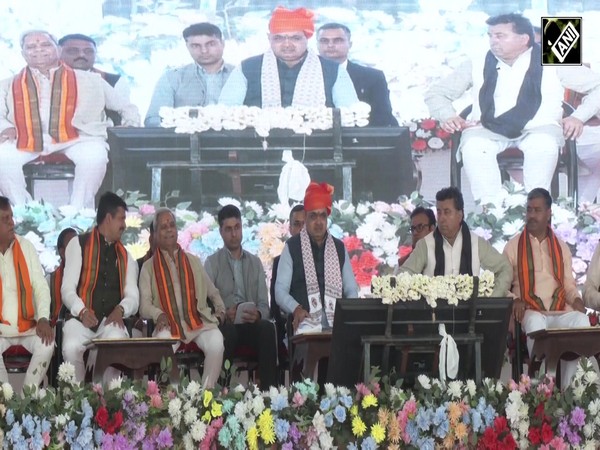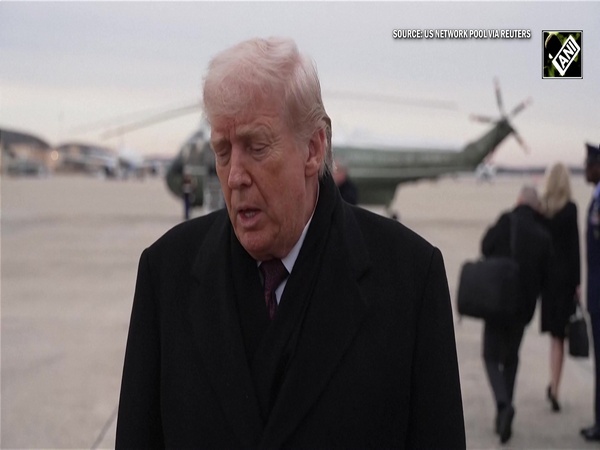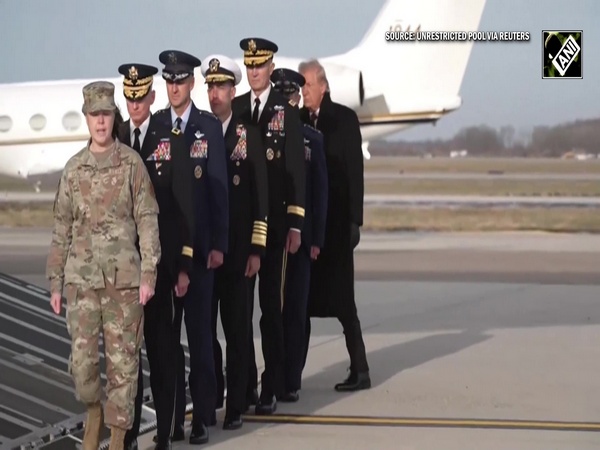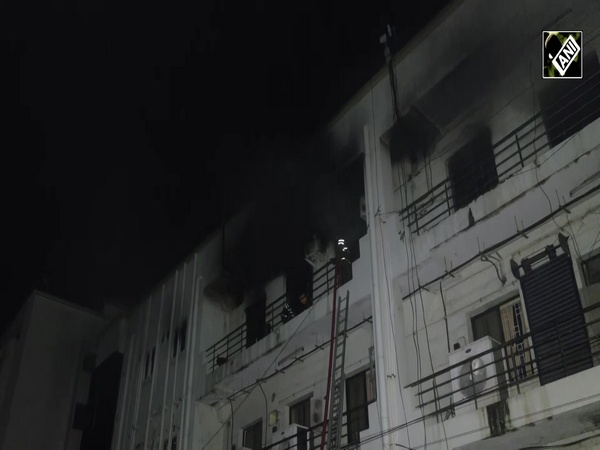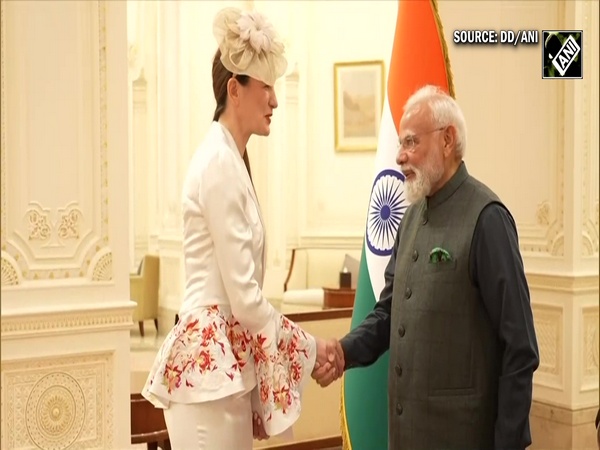Kuwaiti envoy Jasem Ibrahim Al Najem condoles Queen Elizabeth's demise
Sep 09, 2022

New Delhi [India], September 9 : Kuwait Ambassador to India, Jasem Ibrahim Al Najem condoled the death of the longest-serving monarch of Britain, Queen Elizabeth II, who took her last breath on Thursday.
"We are here to send our sympathy and condolences from the government of Kuwait to the government of the people of the UK lose of Queen Elizabeth- II," said Jasem Ibrahim Al Najem.
Talking about the Queen, Kuwait's envoy said that she played an important role from World War II to the current time.
Prime Minister Narendra Modi also condoled the death of the Queen as he hailed her inspiring leadership.
Taking to Twitter, the Prime Minister recalled his memorable meetings with the Queen during his UK visits in 2015 and 2018.
Buckingham Palace issued a statement announcing the demise of the Queen on September 8. The statement referred to the Queen's eldest son, Prince of Wales, Charles as the new King succeeding the queen who reigned for 70 years and 7 months.
Born on April 21, 1926, at 17 Bruton Street in Mayfair, London as Elizabeth Alexandra Mary, the Queen was the oldest child of the Duke and Duchess of York - who later became King George VI and Queen Elizabeth.
Condolences poured in from around the world. Leaders and politicians took to Twitter to mourn the death of the Queen.
After the demise of Queen Elizabeth II, her eldest son Charles, who took the regnal name of Charles III, will be officially proclaimed as Britain's new monarch at a meeting of the Accession Council at St James's Palace on Saturday.
The formal process of proclaiming him King will be carried out by the Accession Council - a group made up of Privy Counsellors, Great Officers of State, the Lord Mayor of London, Realm High Commissioners and senior civil servants.
It is split into two parts. The first approves various consequential orders including the arrangements, without the King present.
The second involves the King holding his first Privy Council, making his declaration and reading and signing an oath to uphold the security of the Church in Scotland (as unlike in England, Church and State are separate there) and approve orders which facilitate continuity of government.
